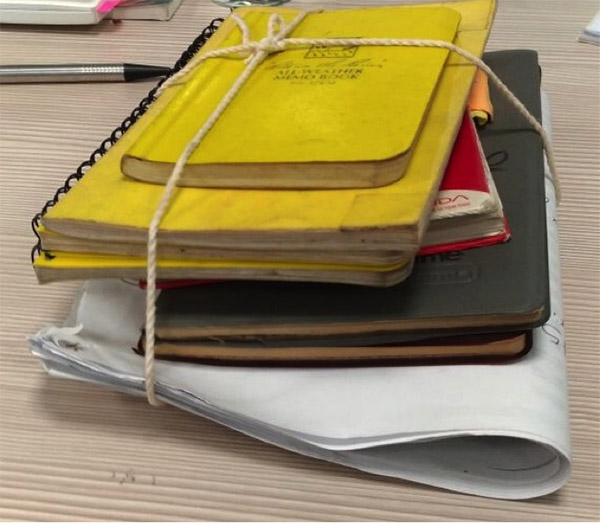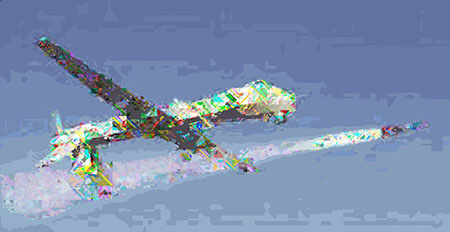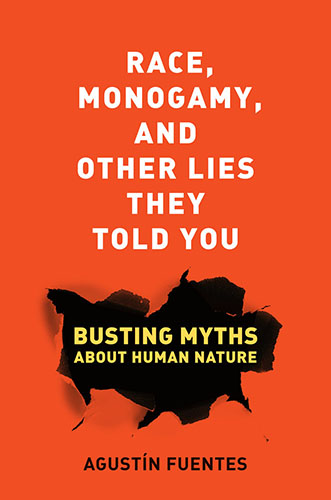
Remediation: The Cultural Politics of Oil and Brine Spills in the Bakken
Around Tioga, a small town in northwestern North Dakota, huge tractors, seeders, and sprayers lumber along the shoulders of the highways in spring. In midsummer, sunflowers turn yellow; tractor and skid-steer mowers turn fragrant alfalfa fields into cattle forage. Since 1951, hydrocarbon production has been an equally visible and valued part of the landscape around Tioga. Horse-head pumpjacks and tank batteries are everywhere. Heavy-duty pickups and guys (most oilfield workers are male) wearing gas-detection meters clipped to fire-resistant shirts are fixtures in Tioga. Huge tanker trucks are ever-present at the larger of Tioga’s two gas stations, owned by a farmers’ cooperative. Many people living in town and on surrounding farms own mineral rights which, like farmland, have passed through families since the homestead era. Those mineral acres can bring families small checks that subsidize their wages or millions that let farmers pay cash for six-figure farm equipment, or purchase better seeds, fertilizer, or crop insurance. Oil also brought well-recognized challenges to farming, from competing land and water use regimes to the threat of spills. (read more...)





